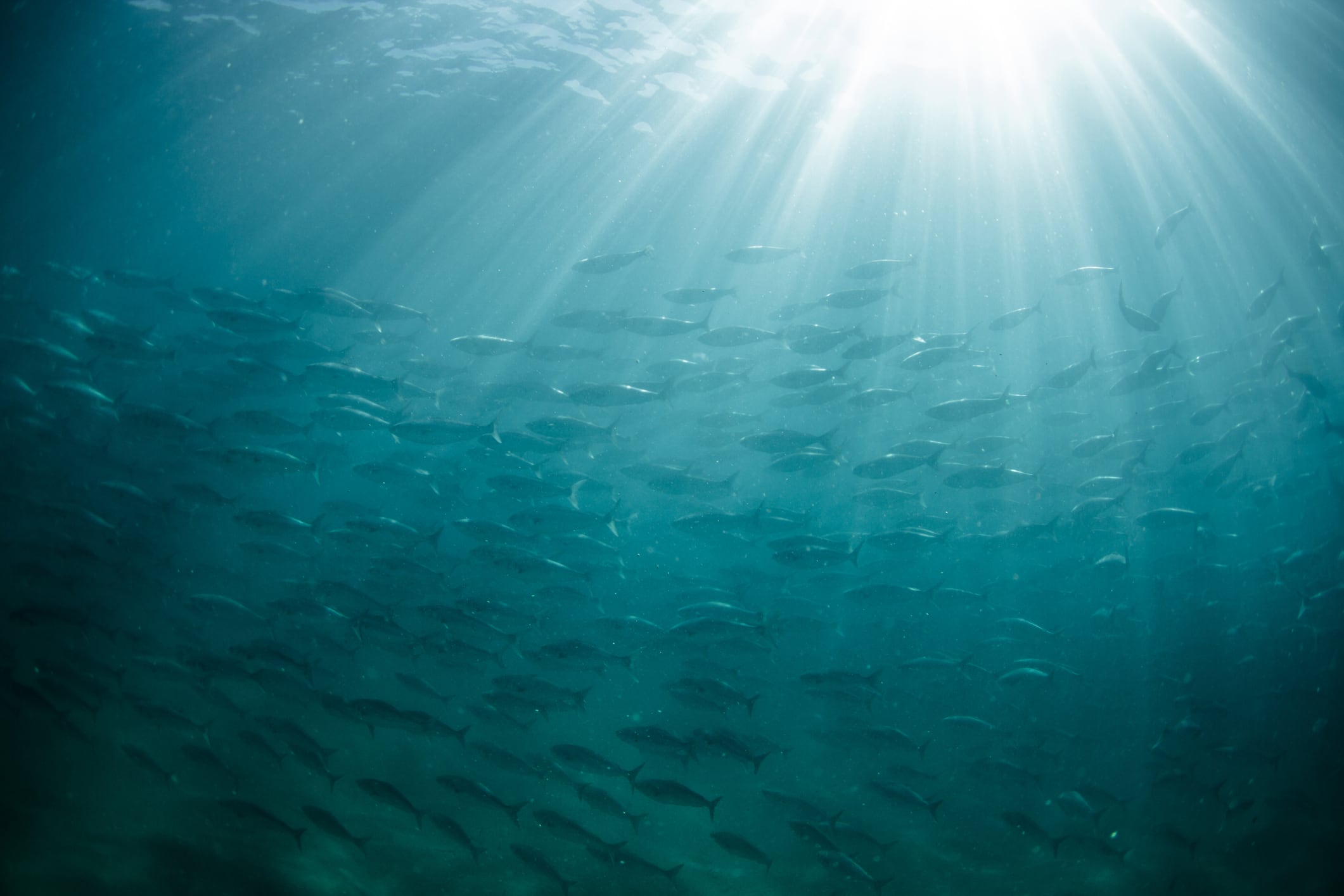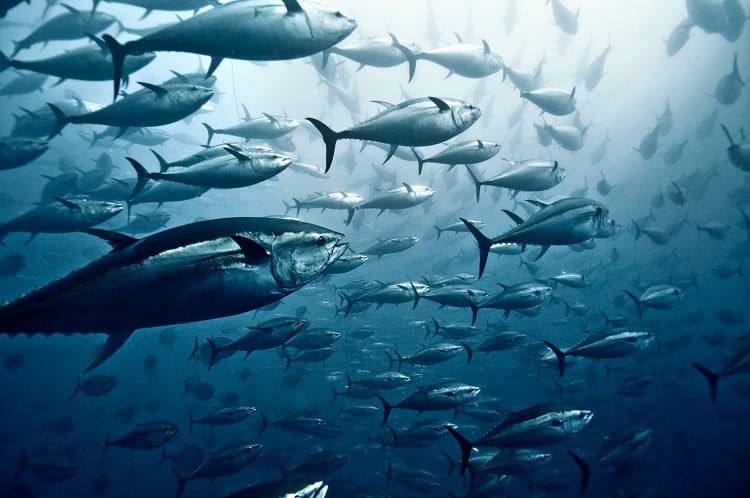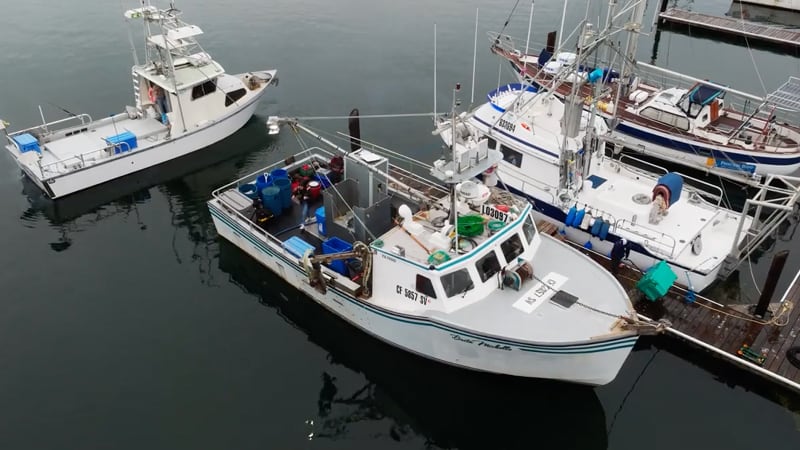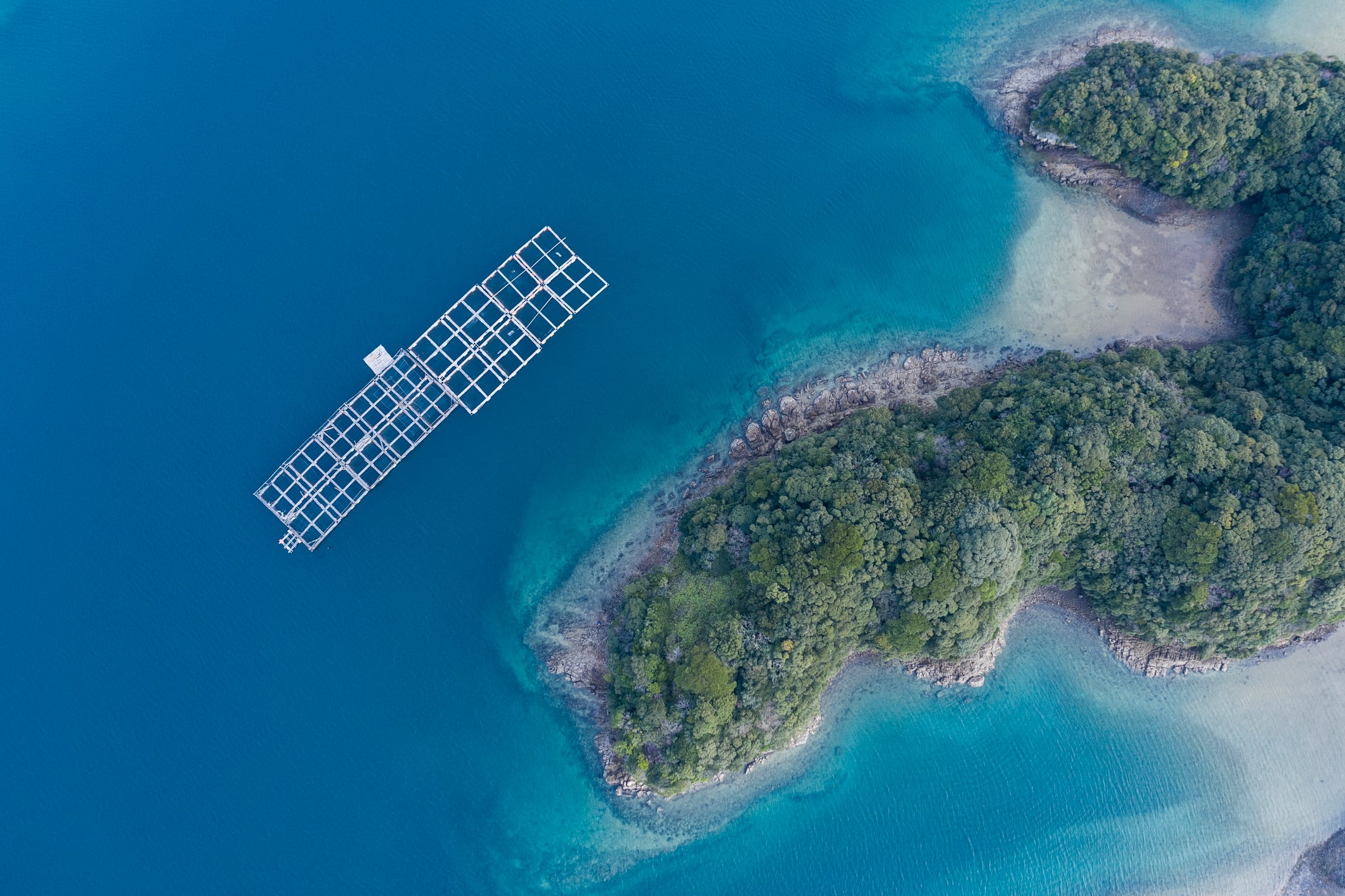A report published by Oceana Philippines highlighted the mounting crisis in the fisheries sector as IUU fishing continues to rise and undermine the livelihoods of local fisherfolk.
The Bureau of Fisheries and Aquatic Resources (BFAR) has set a goal to achieve 100% food-fish sufficiency by 2028.
However, the increasing presence of IUU fishing activities will ensure it does not meet its targets, said Oceana.
“The implications of these trends are dire. Small-scale fishers, who rely on municipal waters for their catch, are displaced by commercial fishers with very little harvest, if not none at all.
“This erodes their incomes, deepens socio-economic inequalities, and threatens the country’s ability to meet its food-fish sufficiency targets. The destruction of marine habitats by destructive fishing methods further compounds the crisis, putting long-term fish stock recovery at risk,” said the non-profit ocean conservation organisation.
More must be done
Oceana is calling on strong monitoring, control, and surveillance.
It noted that in 2020, BFAR issued Fisheries Administrative Order 266, outlining guidelines for vessel monitoring and electronic reporting.
The organisation believes 90% of licensed commercial fishing vessels now have tracking devices installed.
It is calling on the BFAR to allow access to this data to local governments, local coast guards, and other relevant agencies so they can monitor vessel movements.
However, it also warned that compliance requires more than just enforcement.
“Local government officials and advocates warn that enforcement alone is not enough; systemic issues such as weak local governance and legal loopholes fail to deter and prevent IUU fishing.”
Oceana added: “As the Philippines confronts this escalating challenge, the message from Karagatan Patrol and fisheries stakeholders is clear: safeguarding municipal waters is essential for environmental sustainability and the survival and prosperity of millions of Filipino families.”
A rising wave of illegal activity
According to Karagatan Patrol, a platform established by Oceana in partnership with the League of Municipalities of the Philippines, it has detected a steady rise in illegal activity over the past few years.
Using Visible Infrared Imaging Radiometer Suite (VIIRS) technology, it detected a 10.5% rise in 2024.
While illegal fishing intensifies, local fishery production is declining.
Marine fisheries production – both commercial and municipal – have been declining since its peak in 2010, said Oceana.
Data from Philippine Fisheries Development Authority (PFDA) and BFAR show that production have dropped over the past decade.
Furthermore, Philippine Statistics Authority (PSA) data has recorded consistent decline in catch volumes of top species – highlighting increasing pressure on fishery resources.
For instance, Frigate tuna production decreased by 62% from its peak in 2004. Round scad, a local staple known as “the poor man’s fish” for its accessibility, dropped by 46% from its peak in 2007.
Illegal fishing is one of the main factors for this decline, along with overfishing, habitat destruction, and intrusion of commercial vessels.





